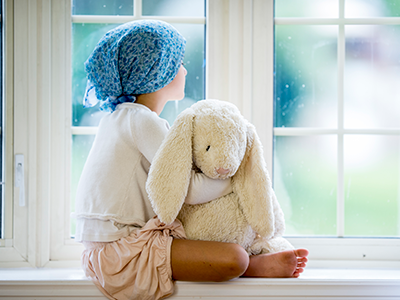I have a 4-year-old niece and 1-year-old niece that we babysit Monday, Tuesday, Thursday and Friday. Lately I’ve been noticing my 4-year-old niece has been talking back a lot to me and her nana. How can I tell her that she can’t do that? I believe when she does it, she thinks she’s being funny but she’s not. Like today she wasn’t eating well, and we told her, “no snacks now since you didn’t eat good.” She replied, “well I have one when I get home.” So, we put her in time out. I don’t know why she acts this way. What’s the best way to explain without being too strict? She doesn’t do this all the time just occasionally.
Thanks for sending this terrific question. It sounds like you really care a lot about your niece, and you’re clearly dedicated to helping her learn what language and behavior is (and is not) appropriate.
From what I can tell, your niece is starting to ‘test the limits’ of what she can say to her caregivers, which is certainly a common and developmentally appropriate behavioral challenge that comes up around this age. I think that the main thing for caregivers to know is that it is not their responsibility to stop a child from doing this — testing limits like this is part of a child becoming their own person!
Instead, try thinking about the goal of avoiding reinforcing the behavior. Many caregivers have the instinct to respond to talking back and other limit-testing behavior with a strong emotional response, such as by getting angry and scolding or punishing the child. Oftentimes, these emotional responses can actually reinforce the behavior, as it shows the child that their behavior can really get a rise out of the caregiver. I think putting your niece in a time-out might reinforce the behavior and backfire, leading her to talk back or otherwise test limits more often.
It’s hard to implement a time-out without giving your niece a lot of attention (even negative attention can be reinforcing) and, in most cases, showing the kind of emotional response that could reinforce the behavior. Instead, I would try to think about responses that would not reinforce the behavior, such as by simply telling her that you do not like when she talks to you that way but otherwise avoiding too much of an emotional response. It might also be a good idea to not engage with her when she talks back to you but instead bring it up later (i.e., remember earlier when you said, “well I’ll have a snack when I get home? Well, I don’t like it when you talk to me like that because…”).
When we talk about these issues later, the emotional aspect of the conflict is less intense, and your niece might be better able to understand what you mean and make good use of the feedback. You could also talk about her word choice in broader contexts, such as by asking if she would talk like that to other people (like a teacher) or if she understands why some people might not like being spoken to that way.
In general, I would save time-outs for more severe behavioral challenges, such as aggressive behavior or dangerous behavior. If we use time-outs too frequently, they tend to lose their importance, and they become less useful. Also, your niece might not fully understand why you did not like what she said, or why it is considered inappropriate, and she might feel confused about why she is getting punished.
Overall, I’m glad to hear that you are thinking hard about how to be a good aunt to your niece, and how to prepare her for a world that might not appreciate being spoken to in that way.
 https://riseandshine.childrensnational.org/wp-content/uploads/2025/05/child-having-tantrum-feature.jpg
300
400
webteam
https://riseandshine.childrensnational.org/wp-content/uploads/2017/11/childrens_riseandshine_logo.jpg
webteam2025-05-07 15:54:412025-05-07 16:19:29Helping autistic children manage big feelings
https://riseandshine.childrensnational.org/wp-content/uploads/2025/05/child-having-tantrum-feature.jpg
300
400
webteam
https://riseandshine.childrensnational.org/wp-content/uploads/2017/11/childrens_riseandshine_logo.jpg
webteam2025-05-07 15:54:412025-05-07 16:19:29Helping autistic children manage big feelings





















Leave a Comment
Want to join the discussion?Feel free to contribute!